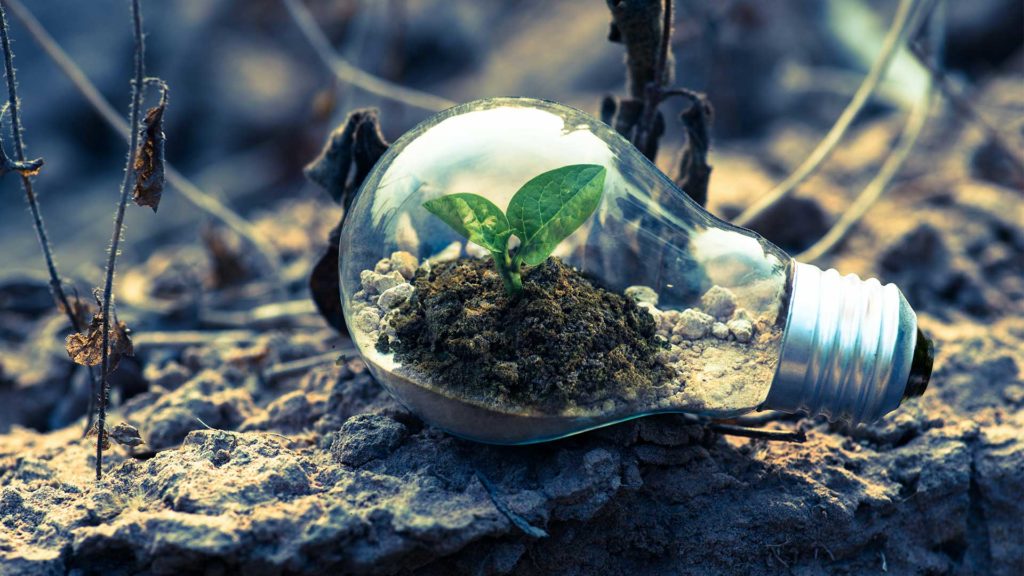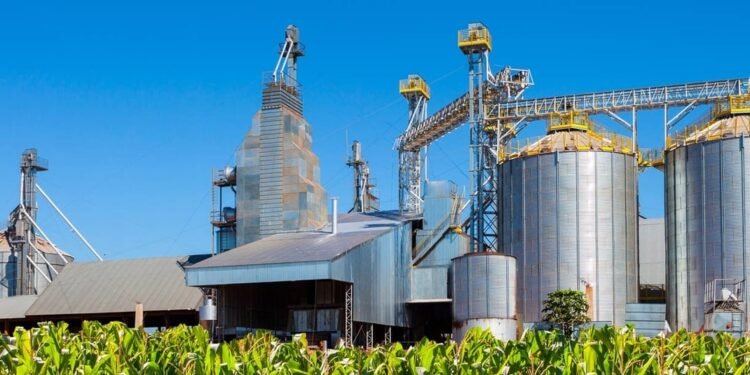European lawmakers voted Wednesday, July 6, 2022, to move ahead with a plan to label some nuclear and natural gas power as “green” energy, a closely watched decision that could shape climate policy for years to come.
At issue is a European Union framework known as the “EU taxonomy” that is intended to guide investment toward projects that are in line with the bloc’s goal to be climate neutral by 2050.
In February 2022, weeks before Russian President Vladimir Putin launched an invasion of Ukraine, the E.U.’s executive arm presented a plan to classify some natural gas and nuclear power as “transitional” green investments in some circumstances, spurring a furious backlash.
Still, the proposal had the backing of the majority of the center-right European People’s Party, the European Parliament’s biggest lawmaker group, which confirmed on Tuesday that 107 of its lawmakers intended to vote in favor.
Lawmakers of the centrist Renew Europe group were largely in favor of the proposal, while the Greens and Social Democrats mostly opposed it. A total of 353 lawmakers — a majority of the Parliament’s 705 lawmakers — are needed to reject a plan for it to fail. Unless 20 of the EU’s 27 member states oppose the proposal, it will be passed into law.

Increased Dependency on Russian gas
A sharp reduction in Russian gas supplies to Europe in recent weeks has triggered more opposition to the EU taxonomy’s classification of gas as green.
Paul Tang, a Dutch EU lawmaker with the center-left Social Democrats, has criticized the plan as influenced by “the lobby from Gazprom and Rosneft,” both Russian state-owned energy companies.
Ahead of the vote, Tang urged a revised draft to allow “a serious discussion on what is sustainable and what are the answers that Europe needs to give on energy security.”
Christophe Hansen, a conservative EU parliamentarian from Luxembourg, said supporting the plan would result in “deepening a dependency” on gas for electricity in some EU countries that is “killing lives on the ground,” a clear reference to the war in Ukraine.
Great News for Less Wealthy EU Countries
Bogdan Rzonca, a Polish member of the European Parliament (MEP) for the right-wing Law and Justice party (PiS), said less wealthy EU countries need private investments in gas and nuclear power to be able to move away from coal.
Rejecting the bill “would result in a situation where the poor would only get poorer,” Rzonca said in a debate on Tuesday.
Gilles Boyer, a French MEP with the Renew group, said that meeting energy demand with renewable energy in the long-term “would be ideal, but it’s not possible right now.”
Those who oppose the inclusion of gas in the green taxonomy have expressed concern that it will incentivize investment in fossil fuels and delay the E.U.’s transition to renewable energy. There are also concerns that it will become a benchmark, leading to similar guidelines elsewhere.
Russia’s war in Ukraine added new wrinkles to the debate. The war in many ways has made Europe rethink its reliance on Russia, particularly when it comes to Russian fossil fuels, and has amplified calls for an accelerated energy transition.
The EU has agreed to phase out imports of coal and oil from Russia to hit the Kremlin’s war chest. But the bloc remains dependent on gas from Russia — a fact not lost on Putin, who has used this leverage to threaten and punish.
“This will delay a desperately needed real sustainable transition and deepen our dependency on Russian fuels,” climate and environmental activist Greta Thunberg wrote Wednesday on Twitter. “The hypocrisy is striking, but unfortunately not surprising.”
However, defenders of the plan argue that the war has heightened the need for rapid investment in the infrastructure required to import gas from places other than Russia. They hope the new rules will spur a surge of investment in infrastructure such as new gas pipelines or facilities for the import of liquefied natural gas.
“The ‘Immaculate Energy Transition’ does not exist,” Luis Garicano, a Spanish member of the European Parliament, tweeted Wednesday. “A sensible transition requires more than just renewables.”
With the price of gas soaring, the war in Ukraine has also intensified interest across Europe in building new nuclear energy plants or extending the lives of old ones.
READ ALSO: AfCFTA to Have Early Positive Effect on Intra-Africa Trade Levels























